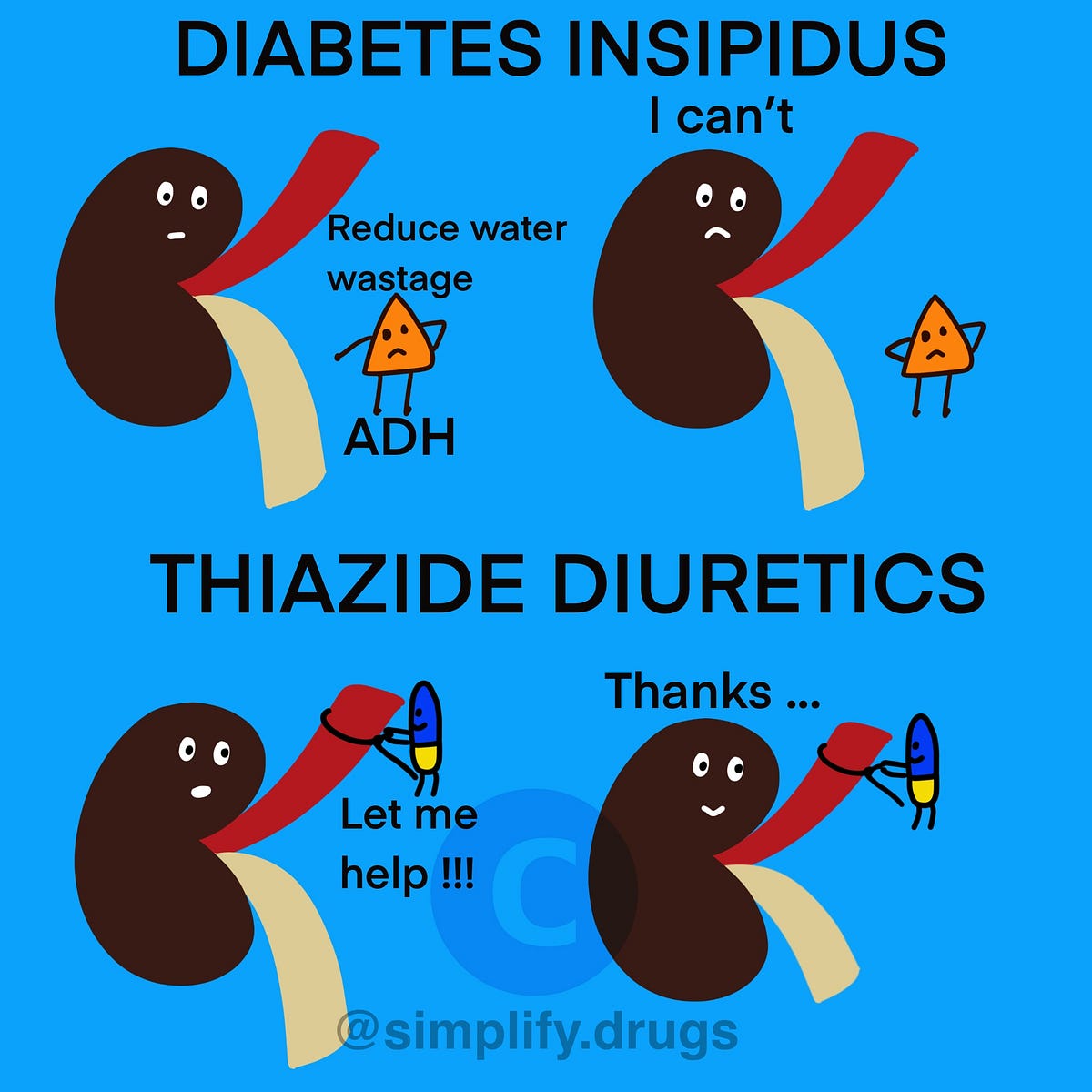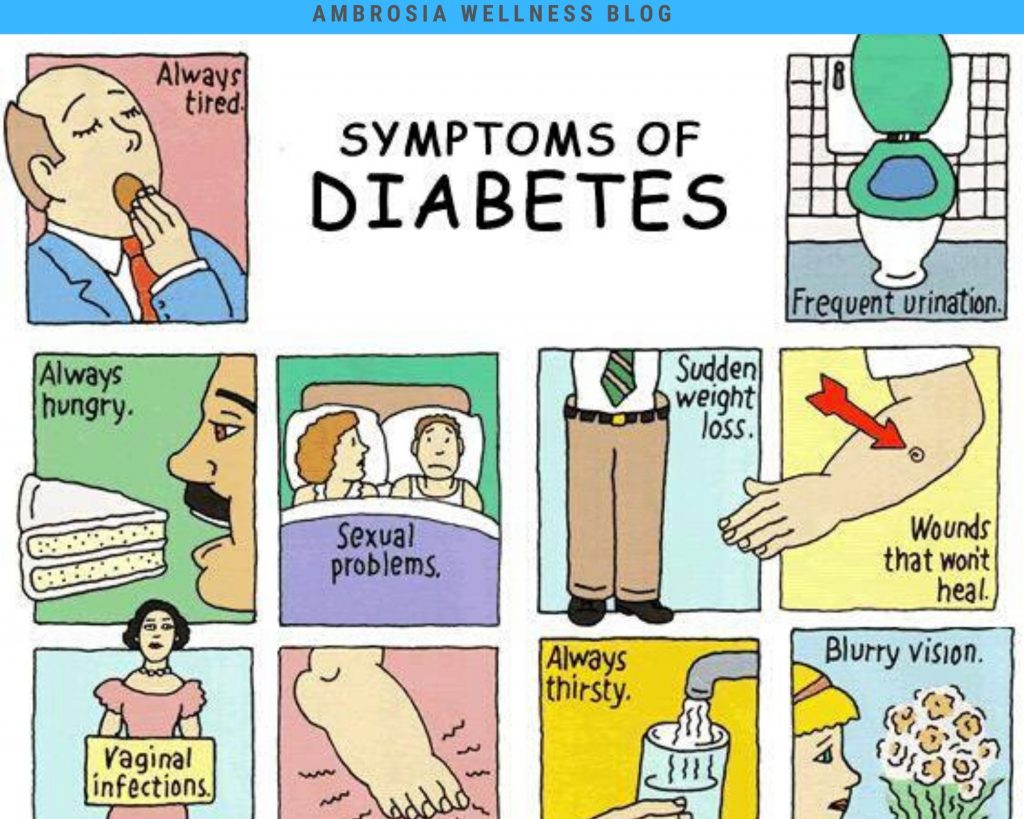how do you treat nephrogenic diabetes insipidus Diabetes nephrogenic insipidus pricing netterimages
Nephrogenic Diabetes Insipidus (NDI) is a rare medical condition that affects the kidneys ability to conserve water. It occurs when the kidneys are unable to respond to anti-diuretic hormone (ADH), which normally regulates the balance of water in the body. As a result, people with NDI can produce large amounts of urine, as much as 10-15 liters per day, which can lead to dehydration and other complications.
Nephrogenic Diabetes Insipidus Causes
NDI is caused by a genetic defect that affects the functioning of the kidneys. It can be inherited or acquired due to medications, such as lithium, that interfere with the kidney’s response to ADH. Other causes of NDI can include chronic kidney disease, electrolyte imbalances, pyelonephritis, and renal tubular acidosis.
 Nephrogenic Diabetes Insipidus Symptoms
Nephrogenic Diabetes Insipidus Symptoms
The most common symptom of NDI is excessive thirst and increased urine production. People with NDI may need to urinate frequently, especially at night, and may experience bed wetting. Other symptoms can include dry mouth, fatigue, dizziness, and headache.
Nephrogenic Diabetes Insipidus Treatment
NDI treatment focuses on managing the symptoms and improving the patient’s quality of life. Since NDI cannot be cured, treatment is aimed at preventing dehydration and maintaining a healthy fluid balance in the body. Patients are advised to drink plenty of water and avoid drinks that can dehydrate the body, such as alcohol and caffeine.
In some cases, medications such as thiazide diuretics and indomethacin can be prescribed to help reduce urine production. These medications can help conserve water in the body and prevent dehydration. However, they may not be effective in all cases of NDI.
 Nephrogenic Diabetes Insipidus Complications
Nephrogenic Diabetes Insipidus Complications
NDI can lead to several complications if left untreated, including dehydration, electrolyte imbalances, and kidney damage. The high levels of urine production can lead to an imbalance of electrolytes in the body, which can cause muscle cramps, weakness, and fatigue. The kidneys may also be damaged over time due to the constant stress of producing large amounts of urine. In severe cases, kidney failure can occur.
Conclusion
While Nephrogenic Diabetes Insipidus is a rare condition, it can seriously impact the quality of life of those affected. Treatment is focused on managing symptoms and preventing complications, which can include dehydration and electrolyte imbalances. If you or someone you know is experiencing symptoms of NDI, it is important to seek medical attention to receive proper treatment and prevent complications.
If you are searching about Nephrogenic Diabetes Insipidus (NDI): What is it? you’ve came to the right page. We have 5 Pictures about Nephrogenic Diabetes Insipidus (NDI): What is it? like NEPHROGENIC DIABETES INSIPIDUS - Overview, Facts, Types, Symptoms, Nephrogenic Diabetes Insipidus (NDI): What is it? and also Nephrogenic Diabetes Insipidus. Here it is:
Nephrogenic Diabetes Insipidus (NDI): What Is It?
 www.healthline.comdiabetes fieber insipidus nephrogenic symptoms causes familie atmet raus spazieren luft babys darf frische gehen diabetestalk icrowdmarketing ndi illustrasjonsfoto
www.healthline.comdiabetes fieber insipidus nephrogenic symptoms causes familie atmet raus spazieren luft babys darf frische gehen diabetestalk icrowdmarketing ndi illustrasjonsfoto
NEPHROGENIC DIABETES INSIPIDUS - Overview, Facts, Types, Symptoms
 watsonshealth.com.phinsipidus nephrogenic
watsonshealth.com.phinsipidus nephrogenic
Thiazide Diuretics And Their Paradoxical Use In Nephrogenic Diabetes
 medium.comdiabetes insipidus thiazide nephrogenic diuretics paradoxical thiazides
medium.comdiabetes insipidus thiazide nephrogenic diuretics paradoxical thiazides
Diabetes Symptoms Can Lead To High Blood Glucose And Complications
 www.ambrosiawellness.comdiabetes symptoms signs excessive blood enuresis hunger unintentional urination polyuria particularly nocturnal frequent thirst blurry polydipsia polyphagia vision night
www.ambrosiawellness.comdiabetes symptoms signs excessive blood enuresis hunger unintentional urination polyuria particularly nocturnal frequent thirst blurry polydipsia polyphagia vision night
Nephrogenic Diabetes Insipidus
 netterimages.comdiabetes nephrogenic insipidus pricing netterimages
netterimages.comdiabetes nephrogenic insipidus pricing netterimages
Diabetes symptoms signs excessive blood enuresis hunger unintentional urination polyuria particularly nocturnal frequent thirst blurry polydipsia polyphagia vision night. Nephrogenic diabetes insipidus. Diabetes insipidus thiazide nephrogenic diuretics paradoxical thiazides